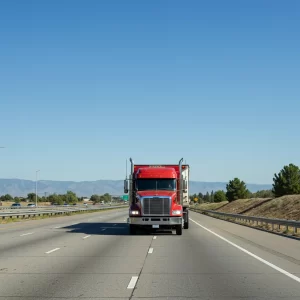
How Do Emission Control Systems Work on Trucks?
Understanding Truck Emission Control Systems | A Driver’s Guide
Finding the right location to get your truck inspected for CARB Clean Truck Check is essential for fleet owners aiming to meet California Air Resources Board (CARB) regulations. Certified testing facilities across California provide Heavy-Duty Inspection & Maintenance (HD I/M) services, including Onboard Diagnostics (OBD) scanning, Portable Emission Acquisition System (PEAQS) testing, and SAE J1667 Smoke Opacity Tests. Whether you operate diesel, hybrid, or alternative fuel trucks over 14,000 lbs GVWR, buses, or motorhomes, inspections are available in both in-shop and mobile formats. These facilities ensure vehicle registration with CARB is up to date, emissions are tested according to required frequency, and fleet owners receive compliance certificates necessary to avoid penalties and meet Clean Truck Check Goals.
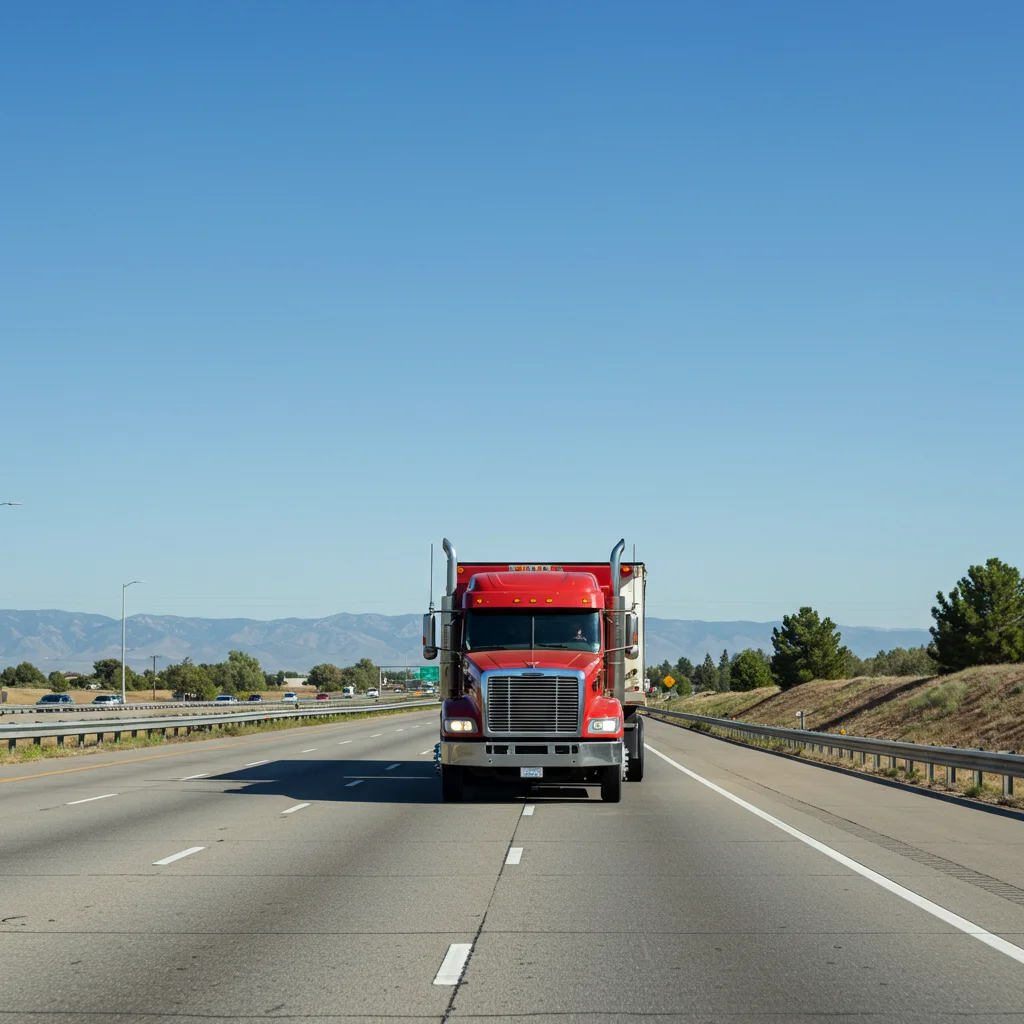
Mobile fleet inspection services provide an efficient solution for fleets that operate across California. Certified mobile units are equipped with OBD scan tools, telematics devices compatible with J1939/J1979 protocols, and PEAQS technology to perform semi-annual emissions testing and reporting. Mobile inspections enable fleet owners to comply with Clean Truck Check Goals without disrupting daily operations. These services also help maintain continuous data connectivity for fleet monitoring, integrate emissions diagnostics reports with fleet management systems, and identify vehicles requiring immediate maintenance. For fleets with multiple locations or heavy-duty vehicles registered across state lines, mobile inspections streamline the process, reduce operational downtime, and maintain compliance with emissions reduction programs. Learn more about mobile inspection locations here: Clean Truck Check In Highland Springs, CA.
Fleet owners must choose between in-shop inspections and mobile Clean Truck Check services based on operational needs, vehicle coverage, and compliance deadlines. In-shop inspections offer comprehensive testing with certified technicians, access to advanced OBD scan tools, and the ability to conduct SAE J1667 Smoke Opacity Tests and Periodic Smoke Inspection Program (PSIP) evaluations. Mobile inspections, on the other hand, bring telematics-enabled diagnostics to the fleet’s location, providing real-time emissions data, portable PEAQS testing, and on-the-spot compliance certificates. Both methods ensure required submissions, semi-annual emissions testing, and adherence to CARB Clean Truck Check regulations, while giving fleet owners the flexibility to plan vehicle inspection and maintenance without disrupting operations.
Fleet
Proper scheduling is essential to meet CARB Clean Truck Check deadlines and avoid penalties for non-compliance. Fleet owners should maintain a calendar of VIN-based deadlines for out-of-state trucks, plan for semi-annual emissions testing, and prepare required submissions including emissions test results, fleet details, vehicle information, DMV registration, and annual compliance fees. Scheduling inspections in advance ensures that high-emitting vehicles are identified early and receive appropriate maintenance, emissions systems remain operational, and telematics devices provide continuous data connectivity. Following best practices in scheduling also reduces the risk of common violations such as tampering with emissions systems, missing emission control labels, or refusing inspections. Learn more about mobile inspection locations here: Clean Truck Check In Green Acres, CA.
The CARB Clean Truck Check program enforces strict emissions standards for heavy-duty trucks, buses, motorhomes, and hybrid vehicles operating in California. Vehicle coverage includes diesel and alternative fuel trucks over 14,000 lbs GVWR, and inspections are required with a defined emissions testing frequency, either twice per year or four times per year for larger fleets. Required submissions include emissions test results, fleet details, vehicle registration with CARB, and annual compliance fees. Fleet owners are responsible for maintaining vehicles, tracking deadlines, training personnel, and implementing onboard diagnostics (OBD) and telematics systems for emissions monitoring. Compliance not only avoids penalties but also supports Clean Truck Check Goals, air quality improvement initiatives, and emissions reduction programs. Learn more about mobile inspection locations here: Clean Truck Check In Glen Avon, CA.
Certain vehicles are exempt from CARB Clean Truck Check requirements, including zero-emission trucks, gasoline-powered vehicles, authorized emergency vehicles, military tactical vehicles, historical vehicles, experimental models, and motorhomes registered outside California. Newly purchased vehicles meeting strict NOx standards may also qualify for exemptions. Fleet owners should verify vehicle eligibility to prevent unnecessary inspections, reduce costs, and maintain compliance with emissions testing frequency requirements. Identifying exempt vehicles early allows fleets to focus on applicable vehicles while maintaining accurate records for VIN-based deadlines, required submissions, and ongoing telematics monitoring.
Failure to comply with CARB Clean Truck Check inspections can result in significant penalties, including fines, blocked DMV registration, and citations. Common violations include excessive smoke emissions, tampering with emissions systems, missing or damaged emission control labels, and refusing inspections. Fleet owners risk legal and financial consequences if high-emitting vehicles are not maintained or submitted for semi-annual emissions testing. Timely inspections, proper vehicle maintenance, and submission of emissions diagnostics reports help avoid these penalties while ensuring fleet efficiency, compliance certificates, and the health benefits associated with reduced emissions. Learn more about mobile inspection locations here: Clean Truck Check In Lakewood, CA.
Fleet owners can streamline the Clean Truck Check process by implementing regular vehicle inspection and maintenance planning, integrating telematics solutions for emissions data, and training personnel on CARB Clean Truck Check requirements. Maintaining onboard diagnostics (OBD) systems, ensuring semi-annual emissions testing and reporting, and tracking VIN-based deadlines for out-of-state trucks are crucial steps. Additionally, high-emitting vehicle identification and prompt maintenance help fleets meet emissions reduction programs while achieving cost savings from compliance. A well-prepared fleet ensures continuous data connectivity, supports air quality improvement goals, and maximizes the benefits of certified testing facilities and advanced emissions diagnostics technology.
Complying with the CARB Clean Truck Check program offers fleets numerous operational, environmental, and financial benefits. Maintaining vehicles according to Heavy-Duty Inspection & Maintenance (HD I/M) standards ensures that emissions systems are functioning correctly, which reduces health impacts such as deaths, hospitalizations, and emergency visits caused by air pollution. Compliance helps fleets avoid penalties for non-compliance, including fines, blocked DMV registrations, and citations for common violations like tampering with emissions systems or excessive smoke emissions. Fleet owners also benefit from cost savings by preventing costly repairs through early detection of high-emitting vehicles, improving fleet efficiency, and streamlining vehicle inspection and maintenance planning. Utilizing telematics solutions, OBD scan tools, and certified testing facilities enables continuous data connectivity for monitoring, prepares fleets for future testing, and contributes to California’s Clean Truck Check Goals and broader air quality improvement initiatives. Learn more about mobile inspection locations here: Clean Truck Check In Bellflower, CA.

Understanding Truck Emission Control Systems | A Driver’s Guide

What is the Lifespan of Truck Emissions Components | Guide to Durability and Replacement

Are New Diesel Trucks Reliable with Emissions Systems | What You Need to Know
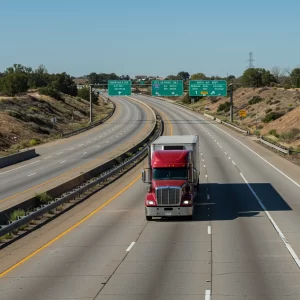
Truck Emissions Maintenance | How to Reduce Pollution and Boost Efficiency
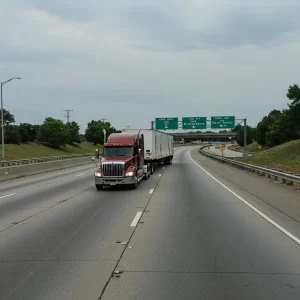
Reduce Truck Emissions | Practical Ways to Lower Your Carbon Footprint
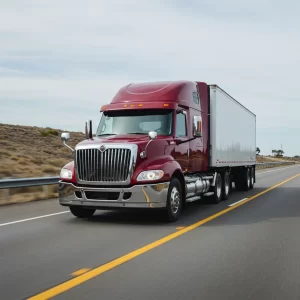
What Causes High Diesel Emissions | Key Factors You Need to Know